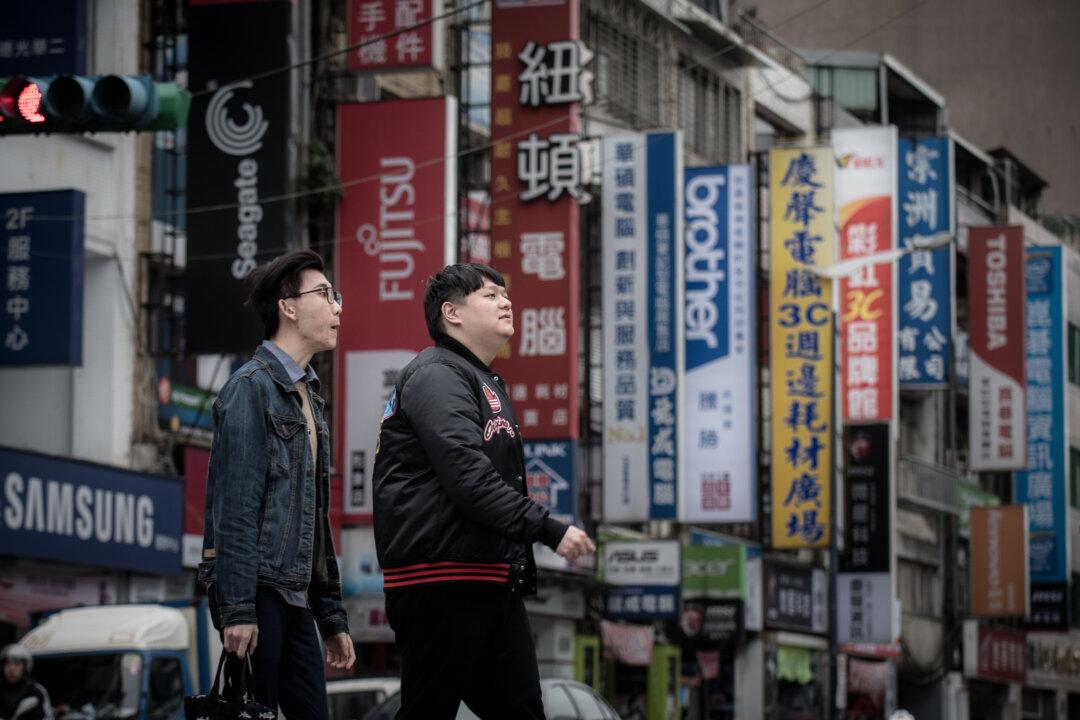WASHINGTON—The U.S. Congress is beginning to take a more skeptical view of the Chinese regime. On Dec. 20, Rep. Dana Rohrabacher (R-Calif.) and Rep. Steve King (R-Iowa) joined a panel organized by a group dedicated to disintegrating the Chinese Communist Party (CCP).
“Our No. 1 challenge in the years ahead is [dealing with] a fascistic, totalitarian, aggressive China,” said Rohrabacher. “If the situation continues the way it is in China, if you have an unbridled force like that ... there will be horrible things happening to all the countries in the world within our lifetime.




